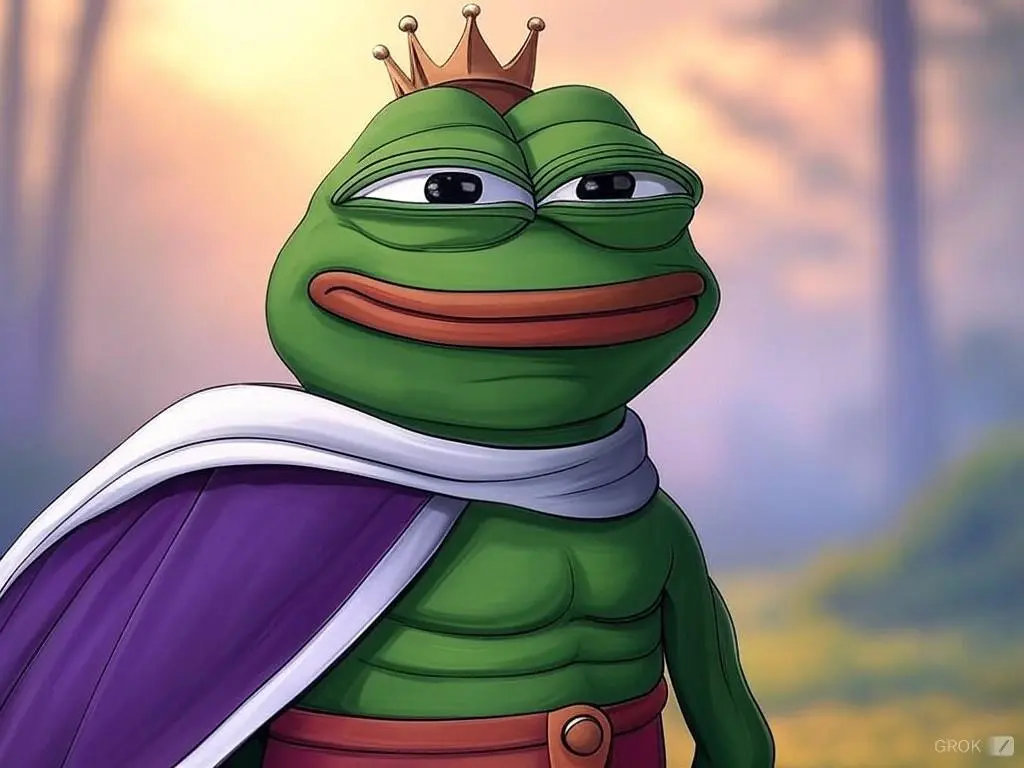Nowadays, the absolute vast majority of games that I play are shit tbh.
This is why I pirate games first to try them out. I wanna be very clear that if I think a game is good I buy it, no questions asked.
However, since most games don’t have demos or trials, I don’t want to feel like I’ve wasted money so I look to piracy so that I can try them out before making a purchase.
AITAH?


I used to think this way, then I realized physical property is not real either. Both are defined by the state, recorded on paper somewhere, and protected by force.
Just because you can actually physically go to my property does not change the fact that it is only my property because I have a deed.
I’m still not sure how to feel about IP but I’m less dismissive of it for now.
Let’s word it differently then. Physical property is literally real, like, you can go to it. IPs are not a resource. The game devs do not run out of copies of a game because OP pirated them. They remain at an infinite supply. If someone breaks into your house and makes off with your microwave, you are now short a microwave; If you pirate software, the developer is not short in any stock of software
Possession of property isn’t the same as property itself. Although I agree with you that I am sceptical of property in general, at least physical property makes some sense when defined. Intellectual property just makes absolutely no sense.
With intellectual property there is at least (by default) a direct link between the work necessary to create an item and its ownership. With physical items the initial ownership is necessarily predicated on having controlled a means of production.
I can create an IP and I do not need to spend hundreds of thousands or millions of dollars to do so. But I cannot create a substantial physical item without paying the people who own the materials and the factories for the privilege of doing so. Why is previous ownership such a critical factor in ownership of new items, separate from the work to create them?
Intellectual property laws have their own issues but at least with regard to them conceptually, intellectual property is more “pure” than physical property.